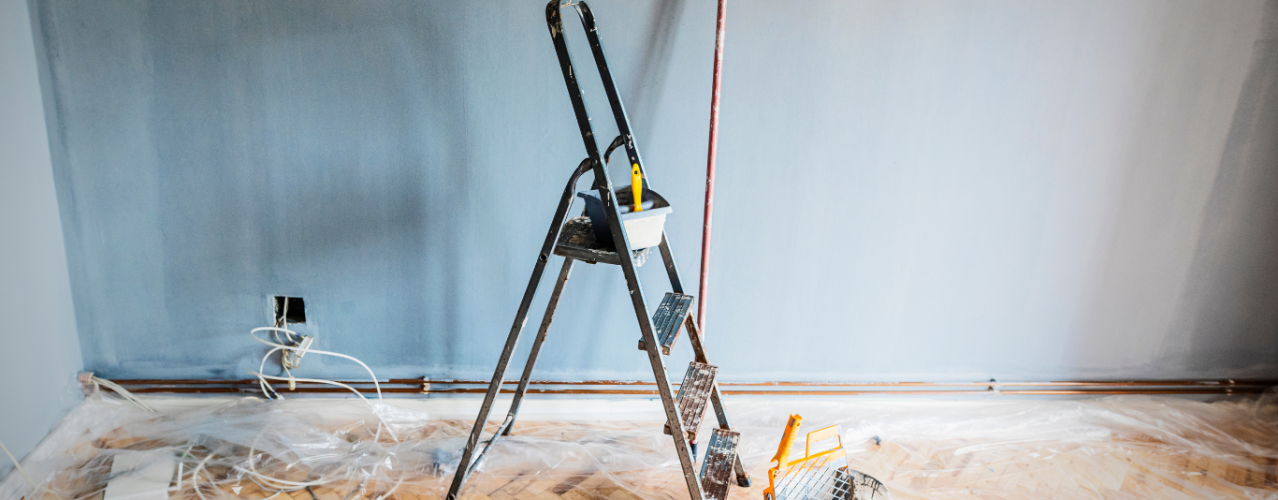

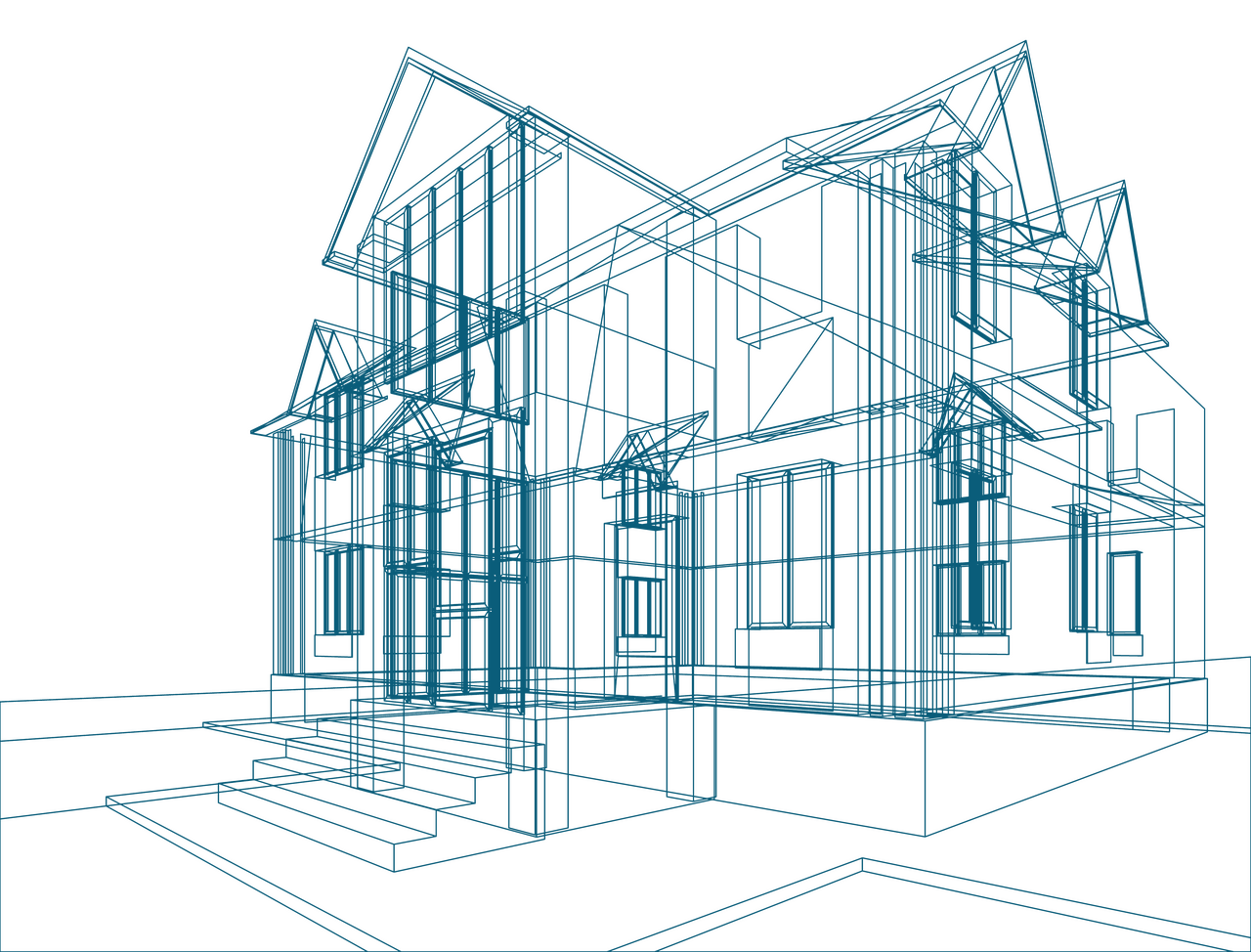
News I published 17 November 2022
People still do many home improvement projects, also after the pandemic
The pandemic was a huge boost for the amount of home improvement people did. Consumers had more reason and time to do DIY jobs because of being at home more due to corona restrictions. On top of that, they had more budget available for home improvement, budget that would otherwise be spent on going out or on holidays. That boost in DIY jobs done disturbed the otherwise rather rigid trends in the home improvement market.
The amount of home improvement jobs done has always been majorly affected by seasons, with the amount of jobs done increasing to peak in spring/summer, and then decreasing and reaching a minimum in winter. During the pandemic, however, those seasonal effects seemed to disappear, as the amount of home improvement jobs done stayed stable at relatively high levels. The question is how the situation develops now that the influences of the pandemic have finally diminished.
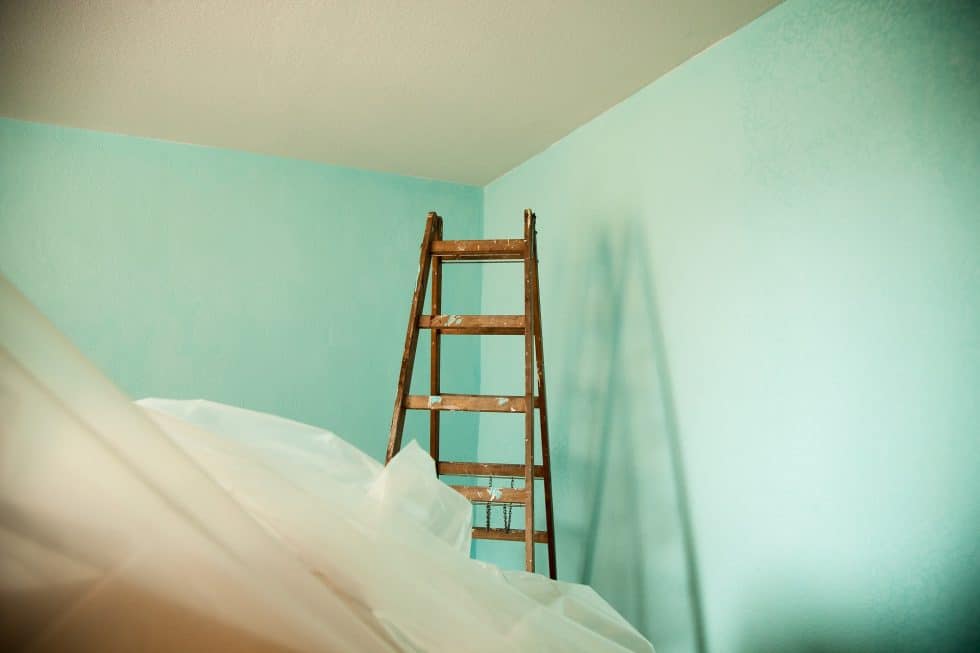
Despite uncertain times, the amount of home improvement projects has not decreased
Some expected that absent corona restrictions and in the light of new crises like Russia’s war in Ukraine and the consequent energy crisis, the number of home improvement jobs done would decrease. It would be understandable if, in these uncertain and rather expensive times, people would postpone their projects and spend less on home improvement projects.
However, as the results of the Q2 2022 report of USP Marketing Consultancy’s European Home Improvement Monitor show, the amount of home improvement jobs done has not decreased as much as many expected. In the first two quarters of 2022, the market actually stayed quite stable and seems to slide back into the trusted seasonal patterns from before the pandemic.
It has to be said though that, although Q1 2021 was higher than the same quarter in pre-pandemic years and even than during the pandemic, the amount of home improvement jobs done in the second quarter of 2022 is actually slightly lower than in previous years. But despite the fact that consumer confidence is low and inflation is high while a war rages in Ukraine, the home improvement market seems quite stable for now.
But nowadays, home improvement jobs are more expensive
When looking at the amount of money people spend on a home improvement job, things have changed somewhat. We saw a slow decline in spending on home improvement projects since Q2 2021, reaching the minimum of 119 Euros spent on average on a home improvement project in Q1 2022. In Q2 2022, there is a slight increase again, but it remains to be seen whether that will last.
It is important to note that in these few quarters, both labour costs and inflation have increased significantly. The nett result is that, for the amount people spend on home improvement projects on average in the second quarter of 2022, they can buy fewer products and less labour than in the same quarter of the previous year.
Home improvement jobs and budgets are still at a higher level than before covid though
It is important to realise that all these figures on current amounts of and spending on home improvement jobs are based on a comparison with last year, meaning a year of the pandemic in which these were exceptionally high. Compared to that, less money may be spent per home improvement job, and the amount of those projects may be somewhat lower, but on average, it is still more than before COVID hit.
As for future developments, it very much depends on how the war and energy crisis develop and to what extent governments will be able to stave off the decline of purchasing power of consumers, for instance by establishing gas price ceilings. If these measures can keep people’s disposable income at a stable level, we expect the home improvement market to stay stable as well, at a slightly lower level than during the pandemic, but a slightly higher level than the years before.
For a full overview of developments in the home improvement market in 11 European countries, and a special focus on the purchase channels used for several home improvement product categories, we refer you to the Q2 2022 report of USP Marketing Consultancy’s European Home Improvement Monitor.

Read more


16 October 2024 I Henri Busker
The Building Blocks of Prefab: Key Materials
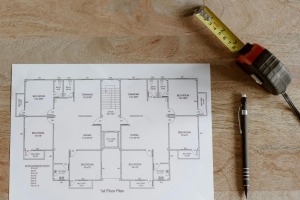

11 October 2024 I Dirk Hoogenboom
Rethinking European Construction: Prefab Trends
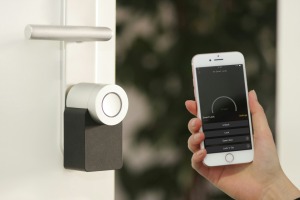

24 September 2024 I Jeroen de Gruijl
Blockchain, AI, AR and IoT – Architects’ Outlook


24 September 2024 I Dirk Hoogenboom
Future Developments in Construction Still Far Away

Fresh Insights Await
Our latest reports
Delve into the newest findings across various market segments, crafted for a cutting-edge overview. Explore our latest reports, brimming with up-to-date data, trend analyses, and in-depth examinations, all tailored to provide you with a comprehensive understanding of the current market dynamics.
Construction
Home Improvement
Installation
Special reports
Construction
Prefab H1 2024
2024 63 pages
Discover the adoption rate and benefits of prefabrication technology among European contractors in H1 2024. Understand the driving forces behind prefab usage and its impact on project efficiency and cost-saving.
6,300 Euro
Construction
Sustainability 2024
2024 72 pages
Painter Insight Monitor 2024 will focus on understanding the specific needs, preferences, and challenges faced by painters when it comes to sustainable products.
10,815 Euro
Construction
Importance of branding & branding funnels 2024
2024 62 pages
This report offers a comprehensive overview of importance of branding and branding funnels with a specific focus on European handymen. Brand behaviour is covered for each country, showing purchasing power, differences regarding quality, sustainability, online shopping, innovation-habit and private labels,
8,400 Euro
Construction
Future of construction Q2 2024
2024 82 pages
Explore the evolving future in construction sector among European architects in Q2 2024. Delve into the factors driving material preferences and the impact on construction aesthetics and sustainability.
1,850 Euro
Construction
Trends in material usage Q1 2024
2024 102 pages
Explore the evolving trends in material usage among European architects in Q1 2024. Delve into the factors driving material preferences and the impact on construction aesthetics and sustainability.
1,850 Euro
Construction
Media orientation H2 2021
2024 161 pages
Explore the media engagement patterns of contractors to optimize your marketing strategies. Dive into a pool of insights that unveils how contractors interact with different media channels.
6,300 Euro
Home Improvement
Purchase channels Q2 2024
2024 90 pages
The European Home Improvement Monitor offers valuable insights on purchase channels in the European home improvement industry, examining the evolving preferences and behaviors of consumers across traditional retail and emerging online platforms.
3,150 Euro
Home Improvement
Sustainability Q1 2024
2024 81 pages
Delve into sustainability trends in the home improvement sector in Q1 2024. Discover consumer preferences and the shift towards eco-friendly home improvement solutions.
3,150 Euro
Home Improvement
DIY versus DIFM Q4 2021
2024 113 pages
This report is a must-have if you’re in the home improvement industry. It provides a wealth of information on the behaviour of DIY and DIFM consumers, their motivations, and the factors that influence their purchasing decisions.
3,150 Euro
Home Improvement
DIY or DIFM Q4 2023
2024 70
Explore the prevailing trends between DIY and DIFM in Q4 2023. Understand consumer preferences and the factors influencing their choice between DIY and DIFM.
3,150 Euro
Home Improvement
Branding Q3 2023
2023 93 pages
This report offers an extensive overview of the home improvement industry, with a focus on branding and the most popular brands within different categories. Within this report, you will gain insights into how customers perceive home improvement brands and what motivates them to buy certain products.
3,150 Euro
Home Improvement
Purchase channels Q2 2023
2023 114 pages
The European Home Improvement Monitor offers valuable insights on purchase channels in the European home improvement industry, examining the evolving preferences and behaviors of consumers across traditional retail and emerging online platforms.
3,150 Euros
Installation
Smart & Connected Products Q2 2024
2024 120 pages
This report provides a comprehensive view of the attitudes of installers toward smart building solutions, specifically among electrical installers and their clients. In the report, you will find insights into the installers' experiences with installing smart products and the willingness of end users to invest in such solutions, as well as their motivations and pain points.
3,150 Euro
Installation
Smart and connected products Q2 2024
2024 129
This report provides a comprehensive view of the attitudes of installers toward smart building solutions, specifically among HVAC installers, plumbers and their clients. In the report, you will find insights into the installers' experiences with installing smart products and the willingness of end users to invest in such solutions, as well as their motivations and pain points.
3,150 Euro
Installation
BIM Q1 2024
2024 84 pages
The European Mechanical Installation Monitor report provides a detailed analysis of the plumbing and HVAC industry. This report specifically focuses on BIM adaptation in the industry.
2,650 Euro
Installation
Sustainability Q1 2024
2024 99 pages
The European Electrical Installation Monitor report provides a detailed analysis of the sustainable solutions in the installation industry. This report specifically focuses on sustainability aspects in the industry.
3,150 Euro
Installation
Challenges toward sustainable future Q4 2021
2024 111 pages
2,650 Euro
Installation
Purchase channels Q4 2021
2024 106 pages
Delve into the training needs within the electrical installation sector. Understand the areas requiring skill development to meet the evolving demands of the industry.
3,150 Euro
Special reports
European Sustainability Report 2024
2024 51 pages
This report provides in-depth insights based on triangulation of key market information and data as well as data from USP Marketing Consultancy’s key monitors that are carried out year in, year out. The focus of this report is on the most important stakeholders within the construction industry, namely architects, contractors, electrical and HVAC installers within The United Kingdom, The Netherlands, Belgium, Germany, Poland, France, Italy, and Spain.
3,950 Euro








